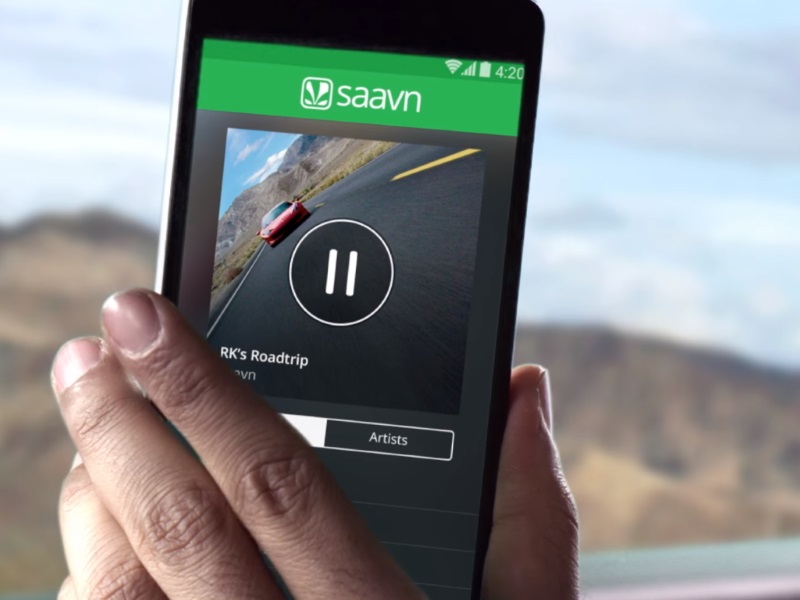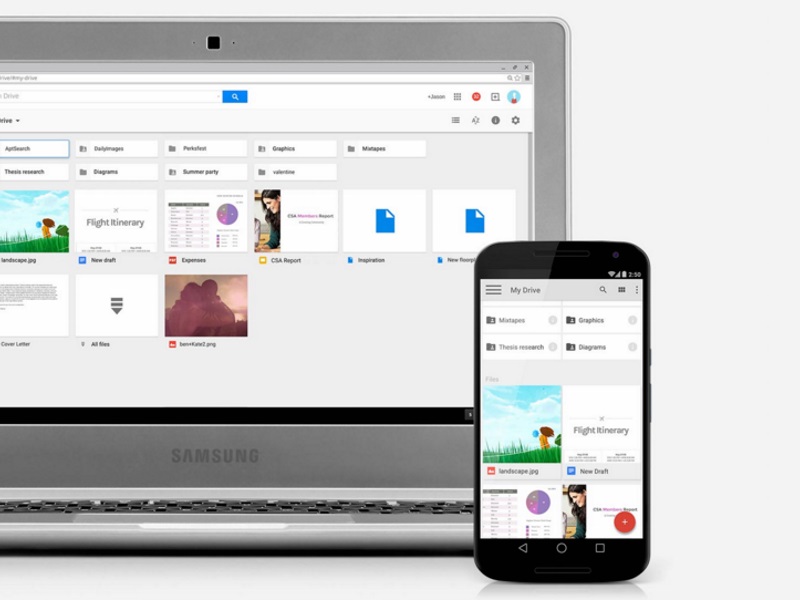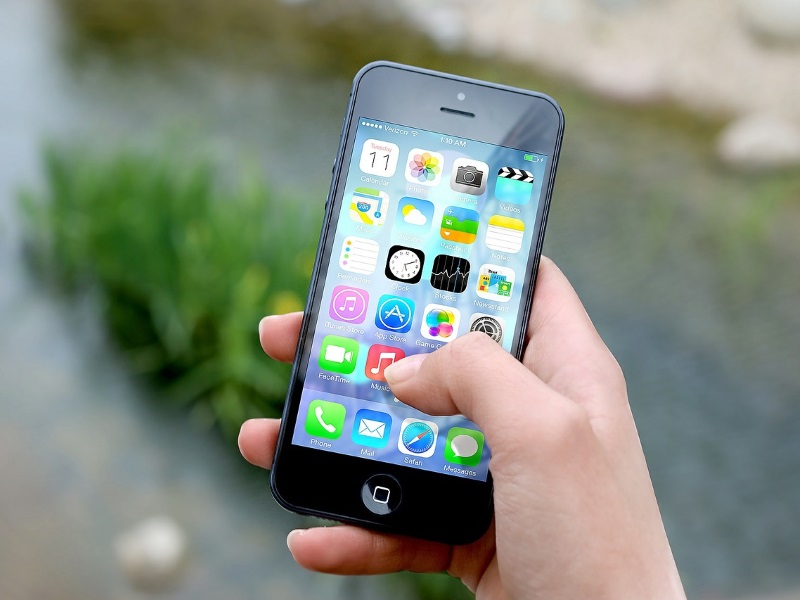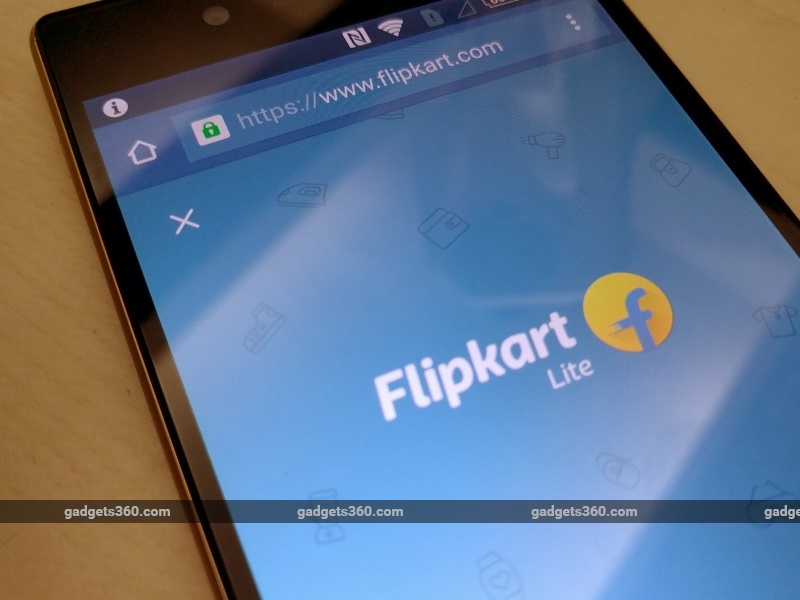Look at your phone right now, and aside from a few games and media
players, you'll find that most of the apps that are sitting in your
storage eating up space are basically containers for the Web. Do we, for
example, really need separate apps for Amazon, Flipkart, and Snapdeal,
all installed on our phones?
The apps that are available on
our smartphones are what make them useful for every task - Android and
iOS have thousands to choose from, and although Windows Phone trails a
little on this front, all smartphones will have lots of apps installed.
Not all of these are used regularly, but keeping an app installed is
easier than removing it when it's not needed, and installing again
later.
On the other hand, websites can't offer you the
same features as an installed application, and even online apps such as
cloud based document editing to instant messaging have been giving
support for offline use, albeit with limited features supported offline.
For example, you could be listening to songs from Saavn saved offline,
but you won't be able to see the latest mails because the data wasn't
synced locally recently enough.

Despite this, companies
are starting to see the limitations of an app-only model, and Flipkart
recently launched Flipkart
Lite,
an app-like mobile website. Flipkart Lite is a light chromium-based app
which lets you shop online as the native Flipkart app does, besides
eating less storage.
(Also see: Five Engineers, 42 Days:
How Flipkart Built an 'App' for the Mobile
Web)
There
are some very good reasons for this. Web based "apps" are very useful
when your phone has limited storage - the site will use more of your
storage only when if you're actually using the app, so you won't run out
of space very quickly. Using HTML5 capabilities that give access to
more phone features than before, these apps can even offer some offline
functionality - the Gmail mobile website for example lets you work in
offline mode, reading mails that have been saved, and writing replies
which can be sent when you are online.
That's very useful
particularly on phones in the under Rs. 10,000 price range in India -
the storage available on these phones is usually quite low, and
Web-based apps won't cross the 10MB mark on your device. Just think of
the times when there are certain conditions of airplane mode, remote
areas or low network penetration. In a country like India where still a
major population suffers interrupted access to Internet due to low
connectivity issues, offline apps are essential.
The
majority of app users in India do not own high-end smartphones - a top
end phone today will have plenty of RAM and storage and a powerful
processor and sharp display. But the typical user has an Android phone
with limited specifications, and thus Web-based apps make a lot more
sense, particularly when targeting markets like India.
This is pretty
much how Google's Chrome OS handles for a user as well; today, you can
play songs and movies offline on the default applications, and working
on documents and emails is also possible whether you're online or
offline. Anything that actively needs an Internet connection (such as
e-commerce) will obviously only work when you're online, but everything
else just works. The catch is that Chrome OS isn't available for your
phone, but hopefully some of the features will make their way across to
other platforms.

And in fact, when the iPhone first
launched, developers were urged to create Web
apps users
would access through the built -in Safari browser. "The last thing you
want is to have loaded three apps on your phone and then you go to make a
call and it doesn't work anymore," Apple's Steve Jobs told the New
York Times.
That
would change, and following Apple's lead, you now hardly see any Web
apps - but in India the iPhone isn't the standard device that people are
using and if companies are trying to target Indian users, then they
need to adapt to the needs of the market.

Indian startups
have by and large focused on mobile. If they can focus on Web apps with
an eye to offline support, that will be even better. Apps like
HolidayIQ, Saavn, or Gaana allow you to store your data offline -
allowing you to do the same with a full featured Web app will save us
from having to keep a number of different apps locking up space on our
phones. And apps that you don't use daily, such as travel bookings, or
e-commerce, would definitely benefit from this as well, for customers
whose phones are low on storage.
This is a view that's
shared by Sanjay Mohan, CTO, MakeMyTrip. In a recent meeting with
Gadgets 360, he says that while he's not ruling out the importance of
native apps, a greater focus on mobile websites is something all
companies in India must learn to do.
"If you have to
update an app it takes a long time and there is a lot of certification,
but to update your website, you can do it in the course of one
afternoon," he says. "And you don't need to make different versions, you
make one change and roll it out seamlessly. It benefits the customer as
they don't need to install lots of different apps, and if you look at
it, the same thing happened on the PC too. How many things do you
actually install on your PC anymore? The browser is a very powerful tool
on desktops, and on mobile too, it is going to take the same path."
Hopefully,
this means that MakeMyTrip and other Indian startups will follow up
with a mobile-Web-first strategy too, because our phones can't stretch
to store more apps.
For the latest tech news and reviews, follow Gadgets 360 on X, Facebook, WhatsApp, Threads and Google News. For the latest videos on gadgets and tech, subscribe to our YouTube channel. If you want to know everything about top influencers, follow our in-house Who'sThat360 on Instagram and YouTube.
Further reading:
Apple,
Apps,
Chrome OS,
Flipkart Lite,
Gaana,
Google,
HolidayIQ,
Internet,
MakeMyTrip,
Offline Apps,
Saavn,
Web Apps
 Apple CEO Tim Cook Prioritises Development of AR Smart Glasses to Beat Meta: Report14 April 2025
Apple CEO Tim Cook Prioritises Development of AR Smart Glasses to Beat Meta: Report14 April 2025 Apple India Produces $22 Billion of iPhones in Shift From China14 April 2025
Apple India Produces $22 Billion of iPhones in Shift From China14 April 2025 Apple Vision Pro 2 With Low Latency Wired Connection in Development Alongside More Affordable Model: Report14 April 2025
Apple Vision Pro 2 With Low Latency Wired Connection in Development Alongside More Affordable Model: Report14 April 2025 Apple, Nvidia Score Relief From US Tariffs With Exemptions14 April 2025
Apple, Nvidia Score Relief From US Tariffs With Exemptions14 April 2025 iPadOS 19 Said to Get Major Overhaul With Focus On Improving Multitasking and Productivity14 April 2025
iPadOS 19 Said to Get Major Overhaul With Focus On Improving Multitasking and Productivity14 April 2025




![Gadgets 360 With Technical Guruji: News of the Week [April 12, 2024]](https://c.ndtvimg.com/2025-04/jlpk5kco_news-of-the-week_160x120_12_April_25.jpg?downsize=180:*)









